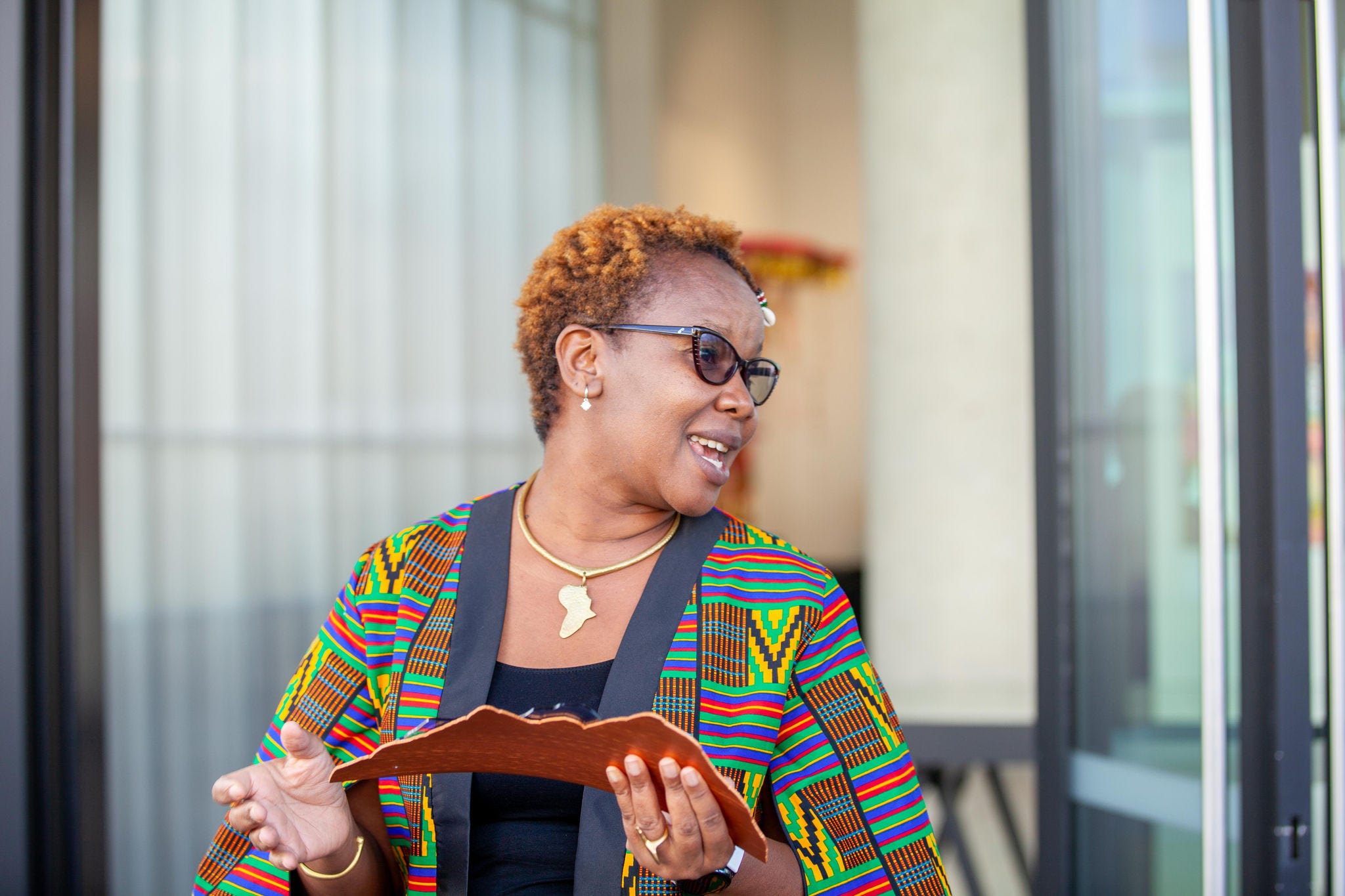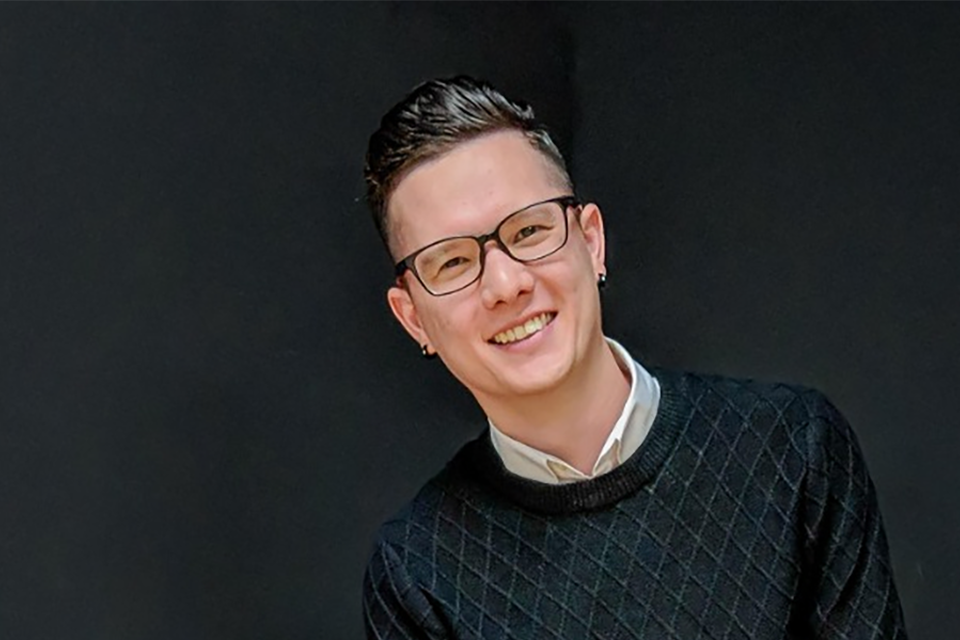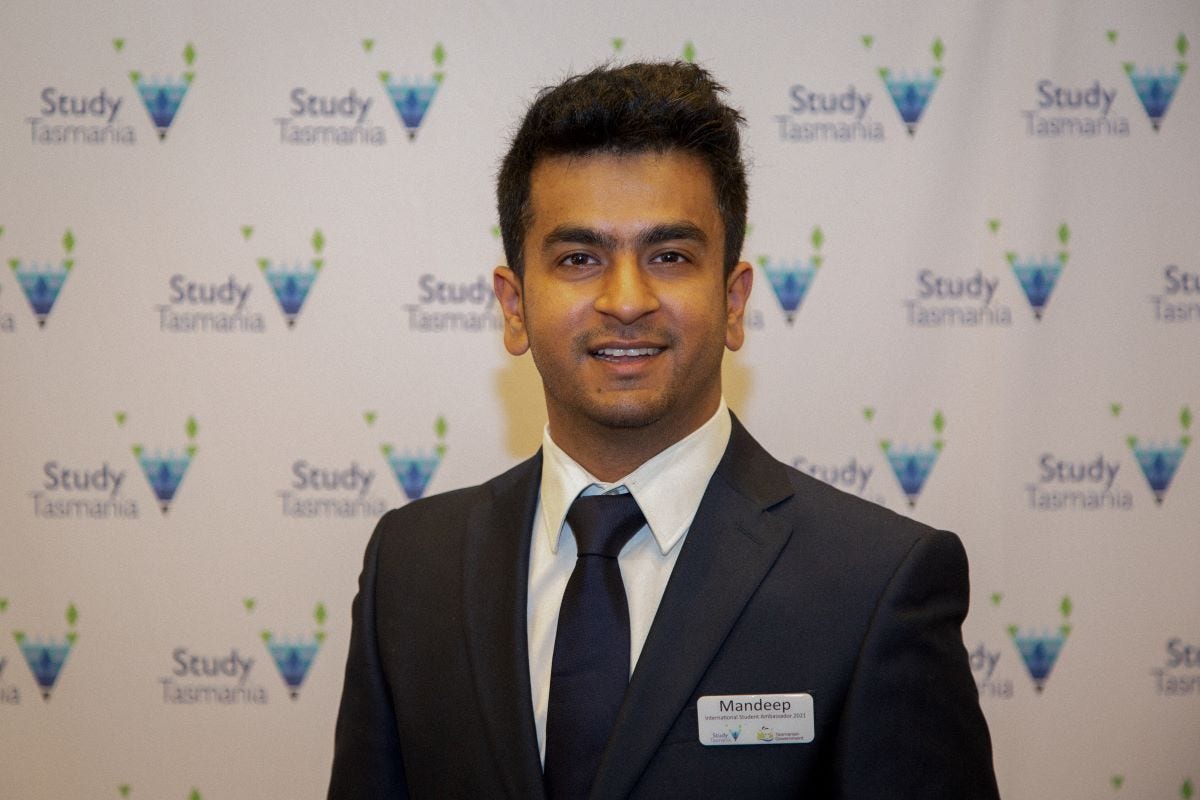We have a new and improved course search tool to help international students explore Australian study options. Find more information here

My passion for the environment, climate change and water led me to pursue a Master of Environment and Sustainability at Monash University as an Australia Awards scholar.
After graduating, I worked at the World Wide Fund for Nature along with being a consultant to UN and local businesses in Pakistan. I have also had the privilege to teach at top tier universities in both Australia and Pakistan, and today I am the Director of Student Affairs and Counselling at the National University of Science and Technology, Pakistan.
Where it all began
My first job was as an Engineer with the largest gas-integrated company in Pakistan.
This job involved field trips to remote areas and living close to wilderness. I travelled through forests and along rivers and witnessed environmental issues including the impact of climate change, water conservation and food security.
I wanted to learn more about environment and sustainability and so I decided to study a masters in this area.
My Australian study experience
In 2007, I applied for an Australia Awards Scholarship and was given the opportunity to study a Master of Environment and Sustainability.
I chose to study at Monash University, as it is one of the top ranked universities in Australia. It offers flexible courses and is known for its culturally diverse community. I had never had the opportunity to be within a diverse community, and so this was something that really appealed to me.
I found that one of the benefits of studying at an Australian institution was the practical experience that it gave me. I worked with the industry practitioners and government officials who brought knowledge and experience from the field to the classroom. Being able to see the direct relevance of research to work being done in the industry/ government was the main highlight of my study in Australia./p>
My career in environment and sustainability
When I completed my degree, I came back to Pakistan and started working for World Wide Fund for Nature (WWF). My role was to help develop private sector capacity in water management.
At WWF, I worked with Levis, H&M, and IKEA to help them lower their water footprint through the responsible and sustainable use of water resources. I also supported and designed policies relating to water security, integrated river basin management, food and energy security.
I worked at WWF for nine years before returning to Australia to teach sustainability at the Australian National University (Fenner School of Environment and Society) and international development at the University of Canberra.
I really enjoyed my time as a teacher in Australia, so much so that when I came back to Pakistan, I decided to pursue a career in academia as well as working as a consultant.
I now work at the National University of Science and Technology (NUST) - a top tier university in Pakistan. My role is the Director of Student Affairs and Counselling where I ensure university clubs have environment, entrepreneurship, technology and business mandates. Moreover, to emphasise to them the importance of mental health and career related decisions.
New perspectives
My Australian experience helped me form new perspectives. I’ve seen how policies should be based on evidence, which is why field work is so important. I’ve also seen how beneficial it is to bridge the gap between academia and industry in teaching.
I gained a significant amount of practical experience from my Australia Awards scholarship. I believe the most valuable lesson I learned was that with field knowledge, academia can make a big impact on society.


